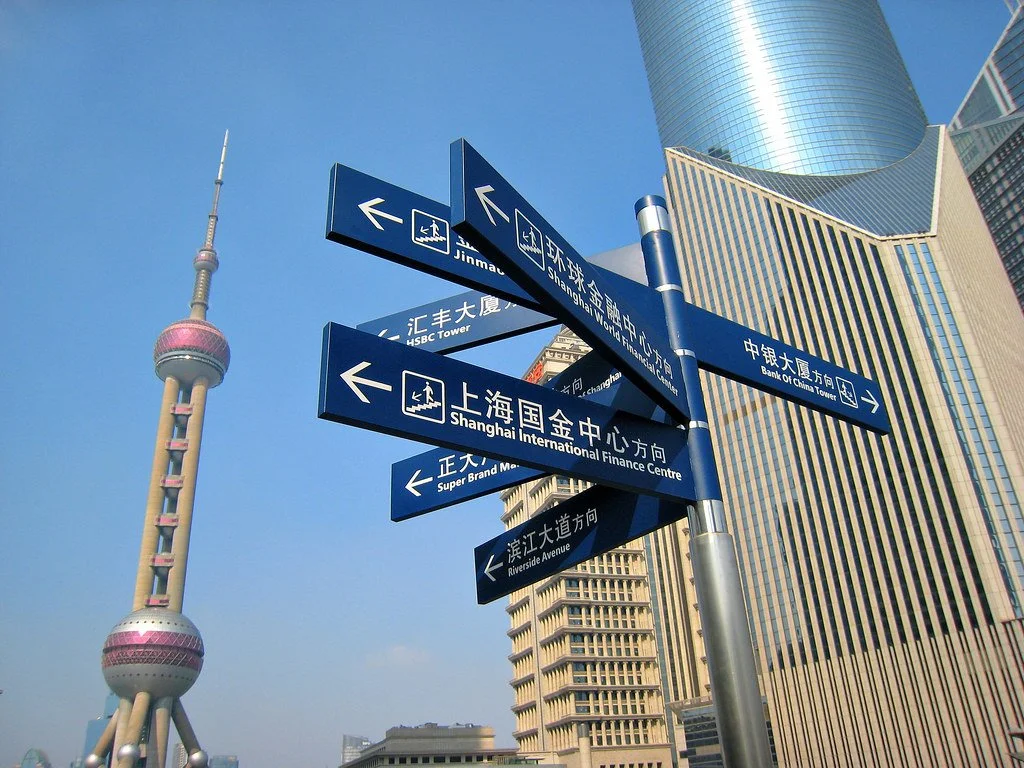This article explores whether China engaged in information warfare in the 2024 Taiwan presidential elections. It suggests methods deployed by China, the key demographics impacted, and the larger implications of information warfare on elections around the world.
Read MoreEvan Stubbs examines the deepening relationship between Israel and Taiwan, highlighting their shared struggles with geopolitical isolation and existential threats, which have fostered significant military, economic, and cultural cooperation.
Read MoreGraham Owens investigates the Iranian Revolutionary Guard Corps’ (IRGC) control over the sports industry, detailing how the IRGC uses its influence to suppress dissent, particularly among female athletes, and to reinforce its political and economic power.
Read MoreJheel Doshi explores the Japan to North Korea repatriation program, revealing the manipulation and hardship of ethnic Koreans through geopolitical strategies and propaganda.
Read MoreCiel Qi analyzes China's progress in quantum communications and its implications for U.S. national security, recommending a cautious approach to quantum technology adoption and addressing potential intelligence asymmetries.
Read MoreSoumya Chaturvedi argues that the signing of the IMEC MoU at the G20 Summit aims to foster connectivity between India, the Middle East, and Europe, while strategically diversifying economic relations away from China's BRI influence.
Read MoreBy leveraging its strategic geography, Malaysia stands to secure its sovereignty in the South China Sea by strengthening cooperation between ASEAN member states through the concept of ASEAN centrality, explains Seow E Kin Zane Ryan.
Read MoreAndrew Faulhaber explains how U.S. and Chinese interests in the Western Pacific are at odds with each other and presents three strategic options for the U.S. Department of Defence.
Read MoreCultivating leaders who value fundamental human rights and dignity should be the teaching and practicing model at the Jackson School of Global Affairs and beyond, argues Rayhan Assat.
Read MoreIn lieu of the unbridled, markets-and-economics-over-ideology approach to globalizing trade and capital flows that dominated the three decades after the end of the Cold War, we now observe prominent global players cultivate ever-closer ties with counterparts that share similar worldviews. Brian Wong examines this ongoing process of financial balkanization and cautions against its dangers.
Read MoreIt is in the national interest of the United States to deter a hostile PRC takeover of Taiwan. Lt Samuel Winegar explores how might the United States and its regional partners best prepare the battlefield for potential conflict or better yet, deter PRC aggression without fighting.
Read MoreZhi Han Tan discusses how denouncing “Chinese privilege” bears a diplomatic function beyond domestic repercussions.
Read MoreExacerbating the gender divide proved a successful strategy for the South Korean conservatives, argues Sunghea Khil.
Read MoreWhat does the decoupling of the Chinese and U.S. economies really mean? Brian Wong reviews James Fok’s Financial Cold War.
Read MoreWhat went wrong with President Moon’s ambitious policy of engagement? Jackson’s own Eunjung Irene Oh explains.
Read MoreBy Hacer Berra Akcan
What are mazar festivals, and why do they matter to Uyghur identity? Hacer Berra Akcan explains why they deserve protection.
Read MoreBy Annie Crabill
Book Review of China’s Foreign Policy Since 1978: Return to Power, by Nicholas Khoo (2020, Edward Elgar)
Read MoreBy Zhenyu Zhang
Zhenyu Zhang, a research assistant at Cornell University, explores how Beijing employs diversionary nationalism as a tactic to distract from possible instability.
Read MoreBy Samir Bhatnagar
Samir Bhatnagar argues that concerted efforts from the state are required to expand farmers’ access to institutional credit in India.
Read More

















